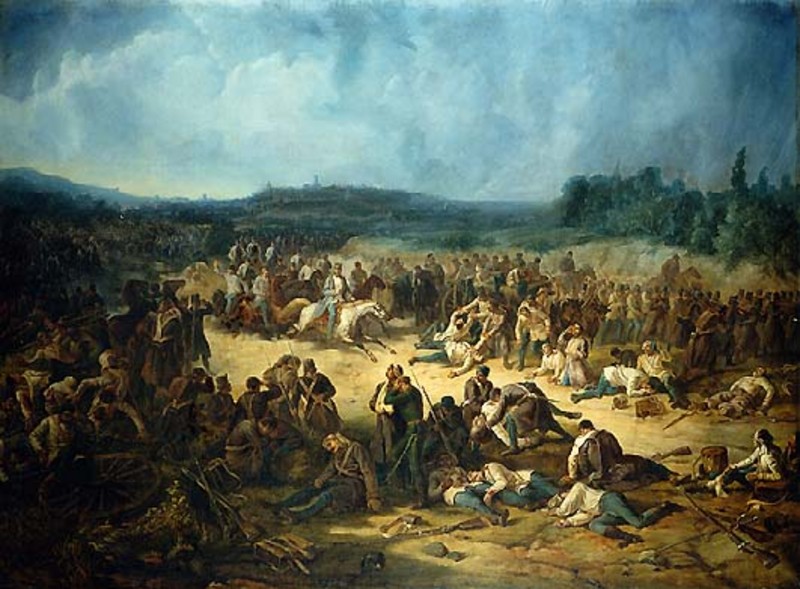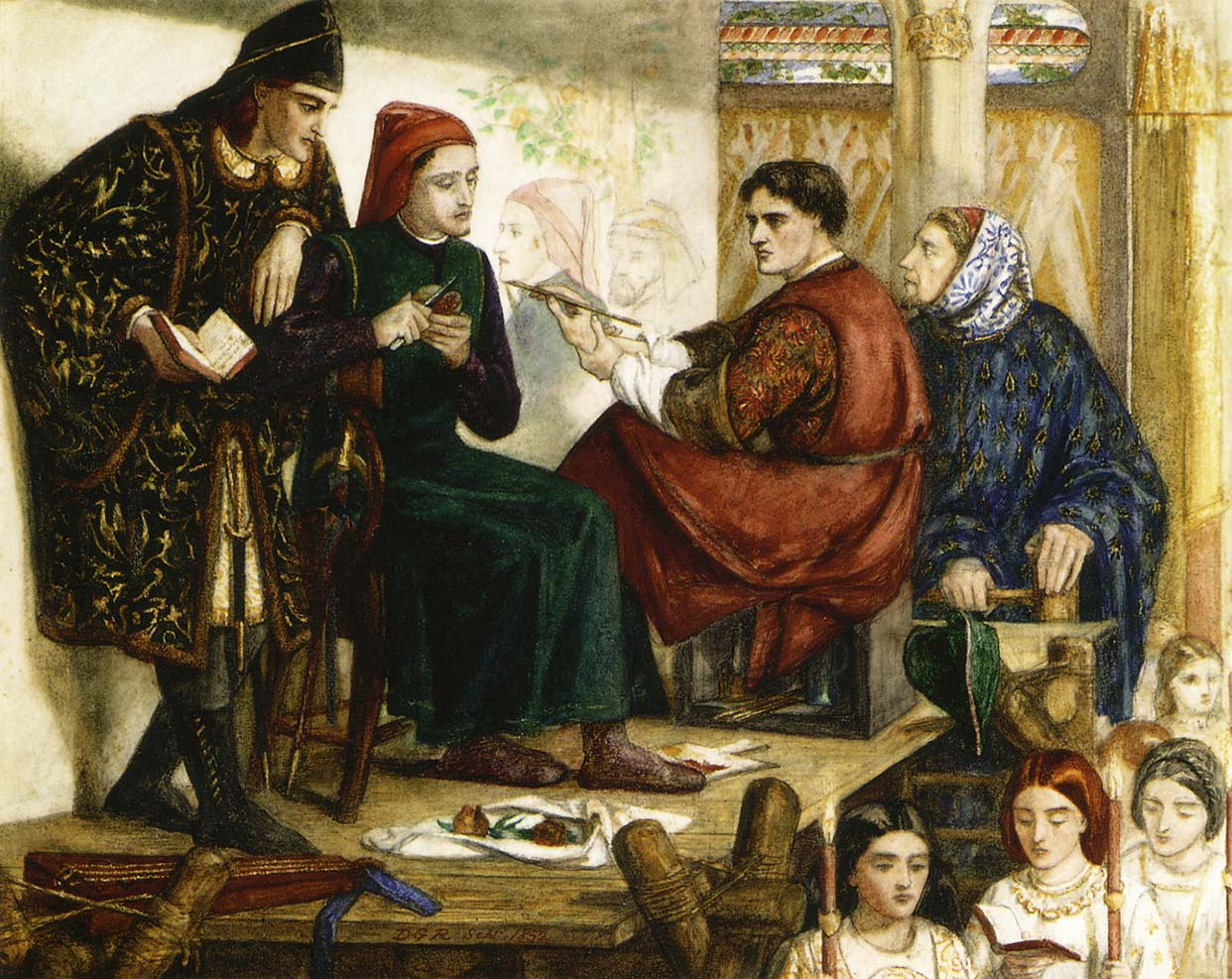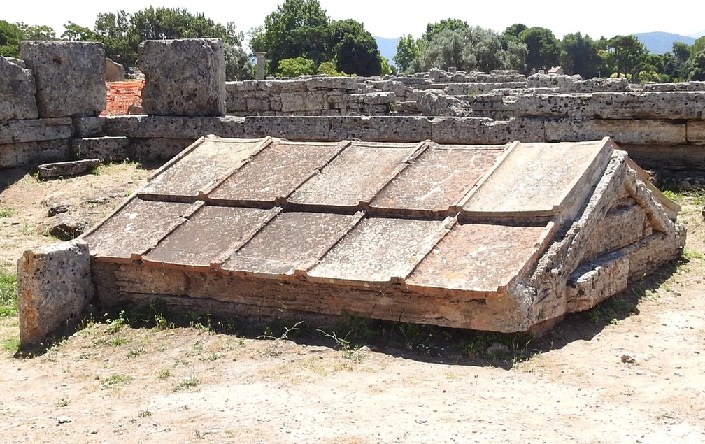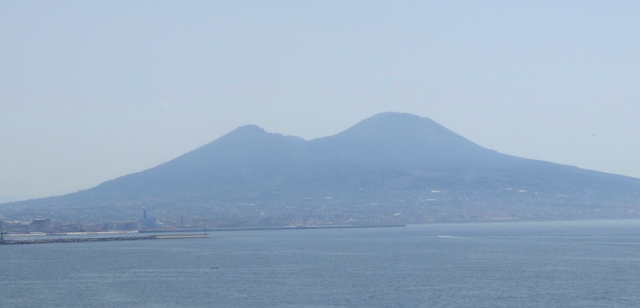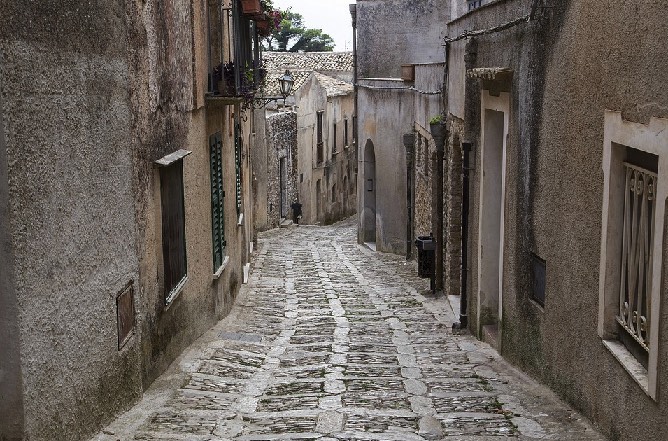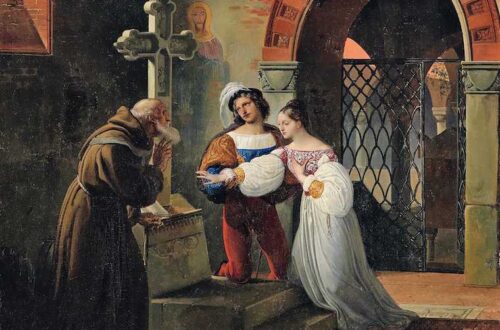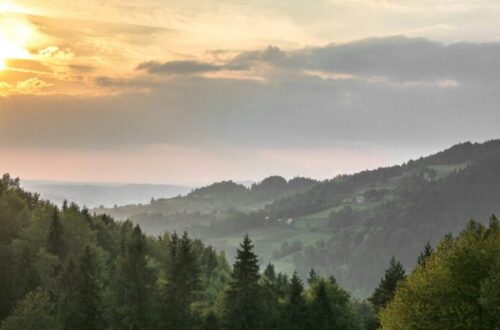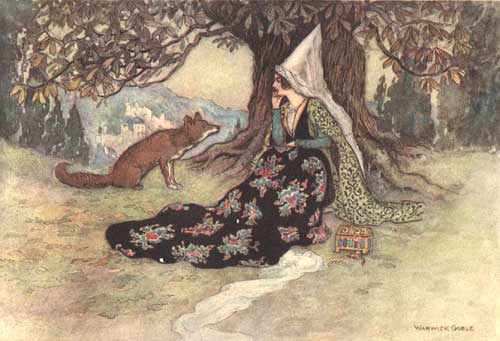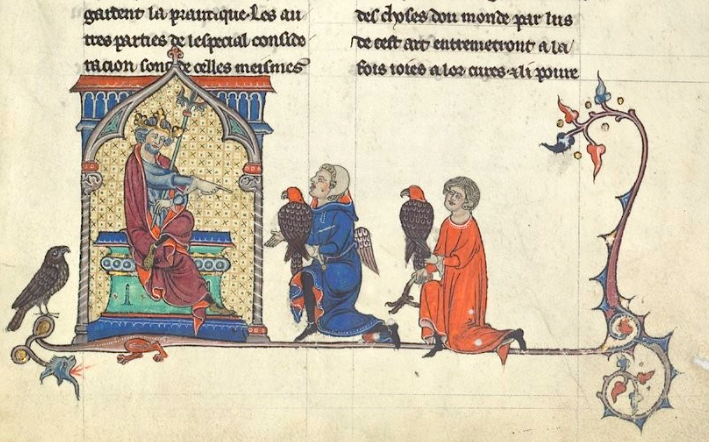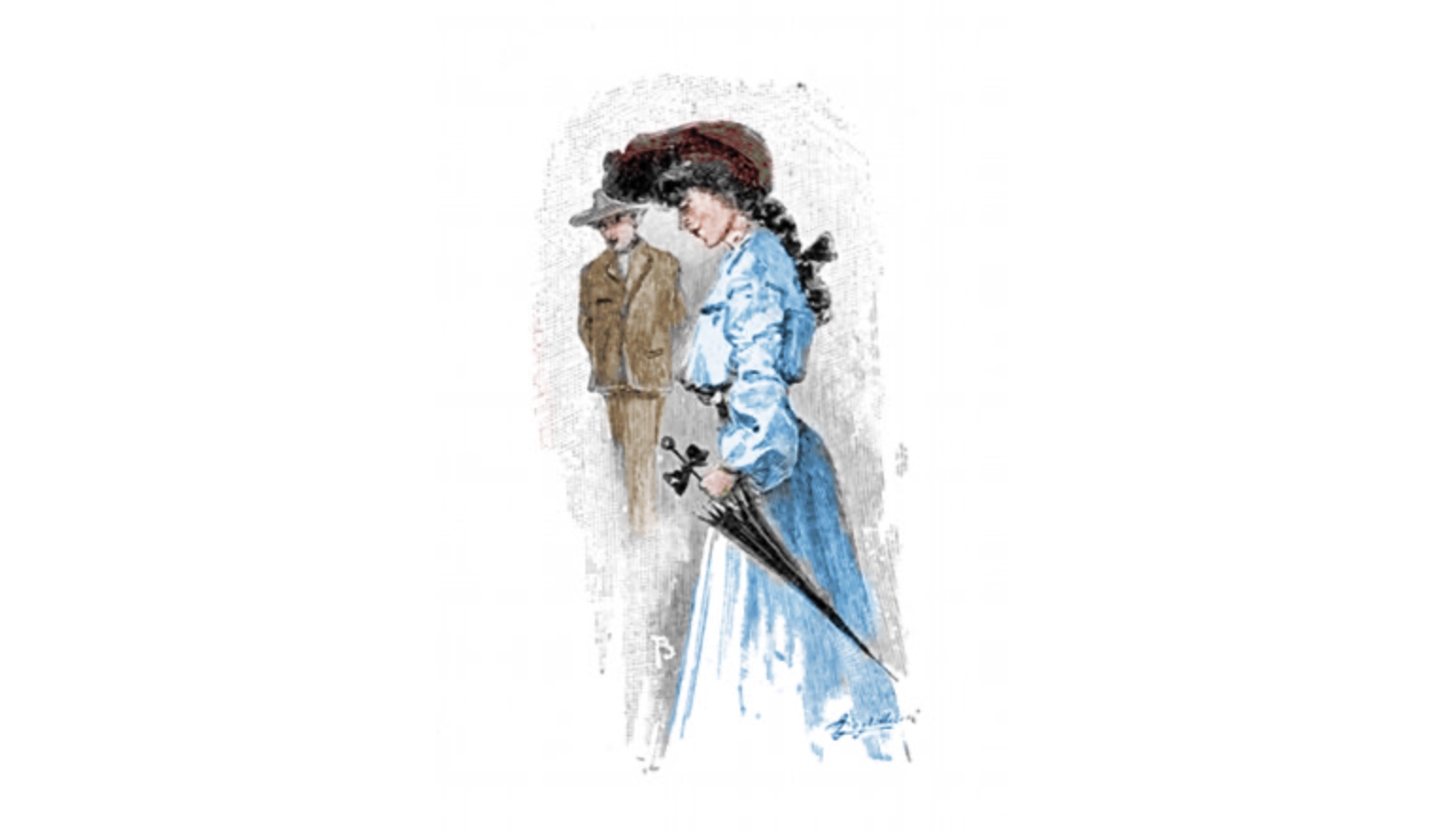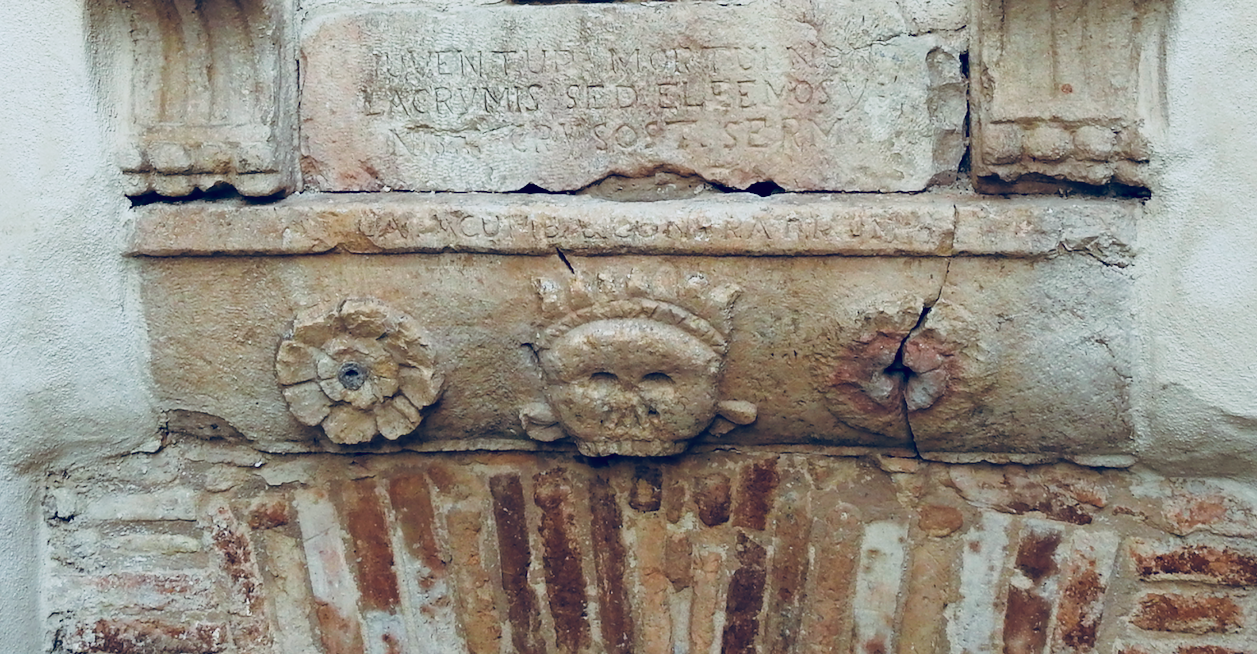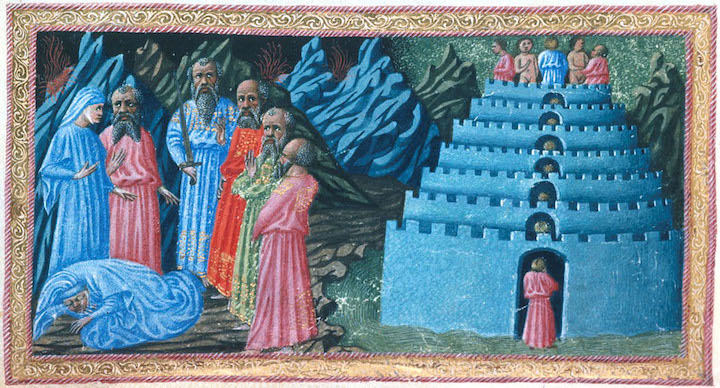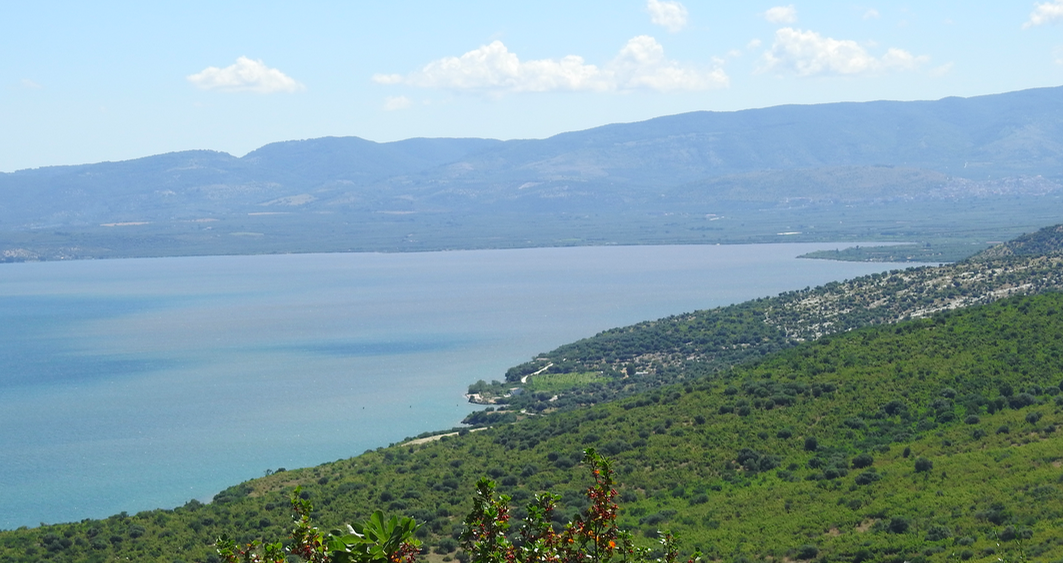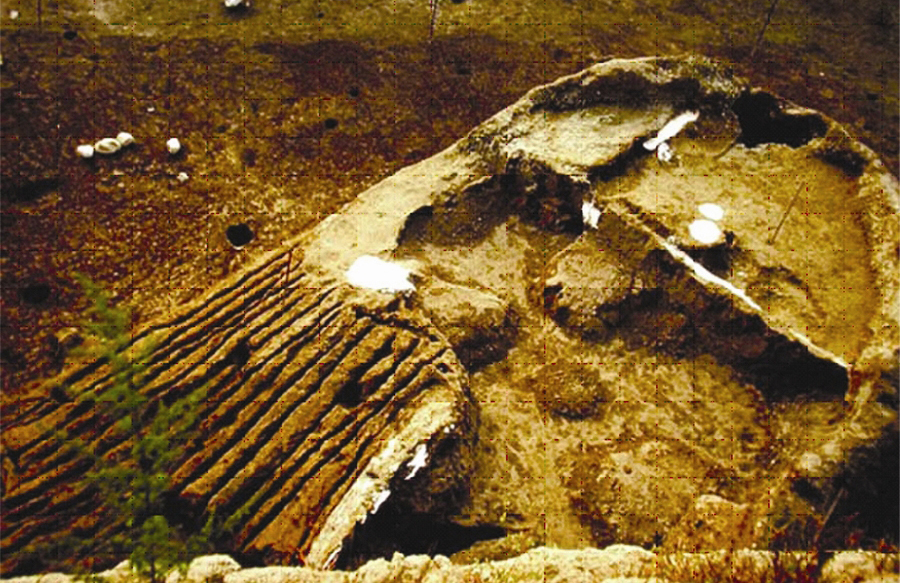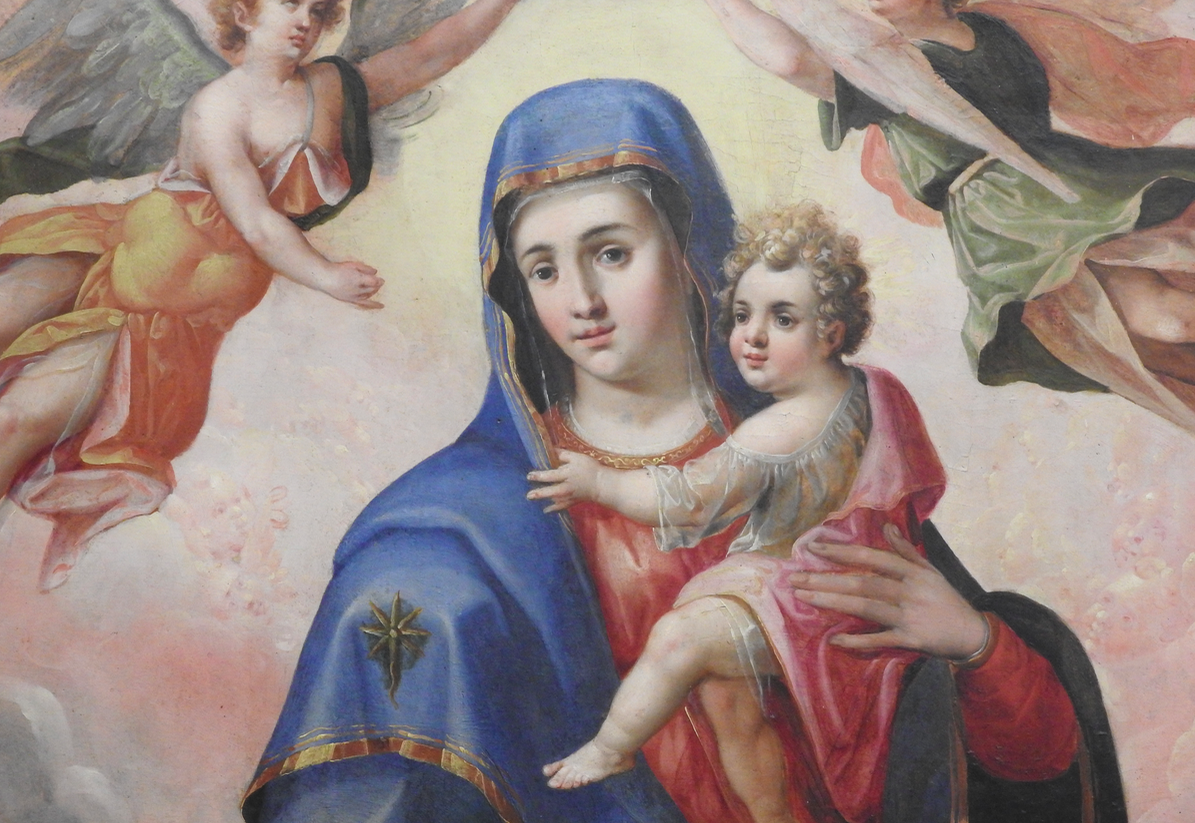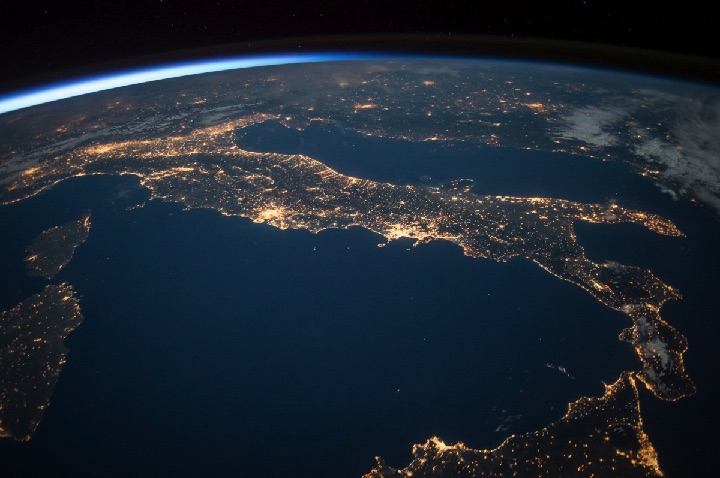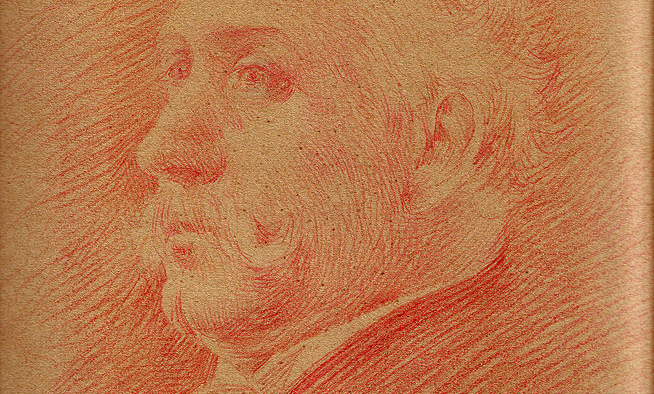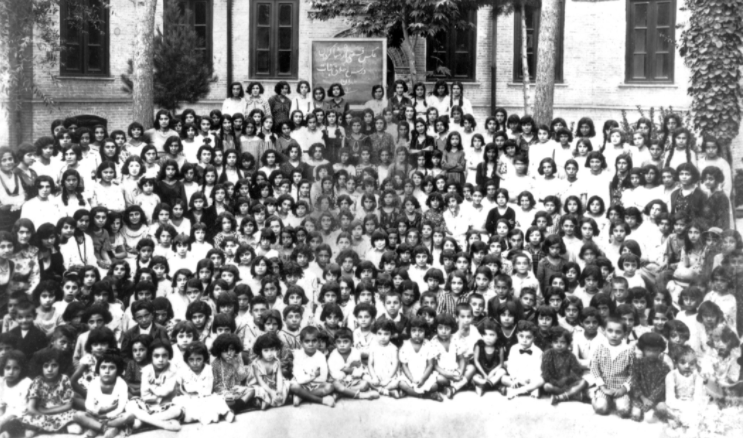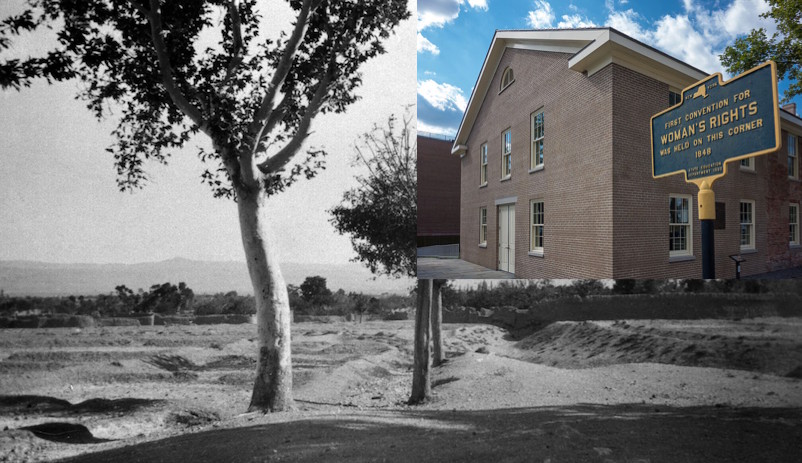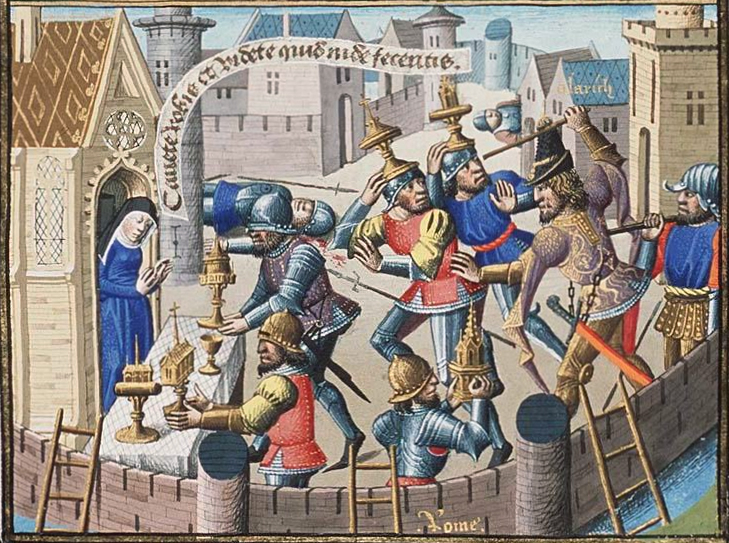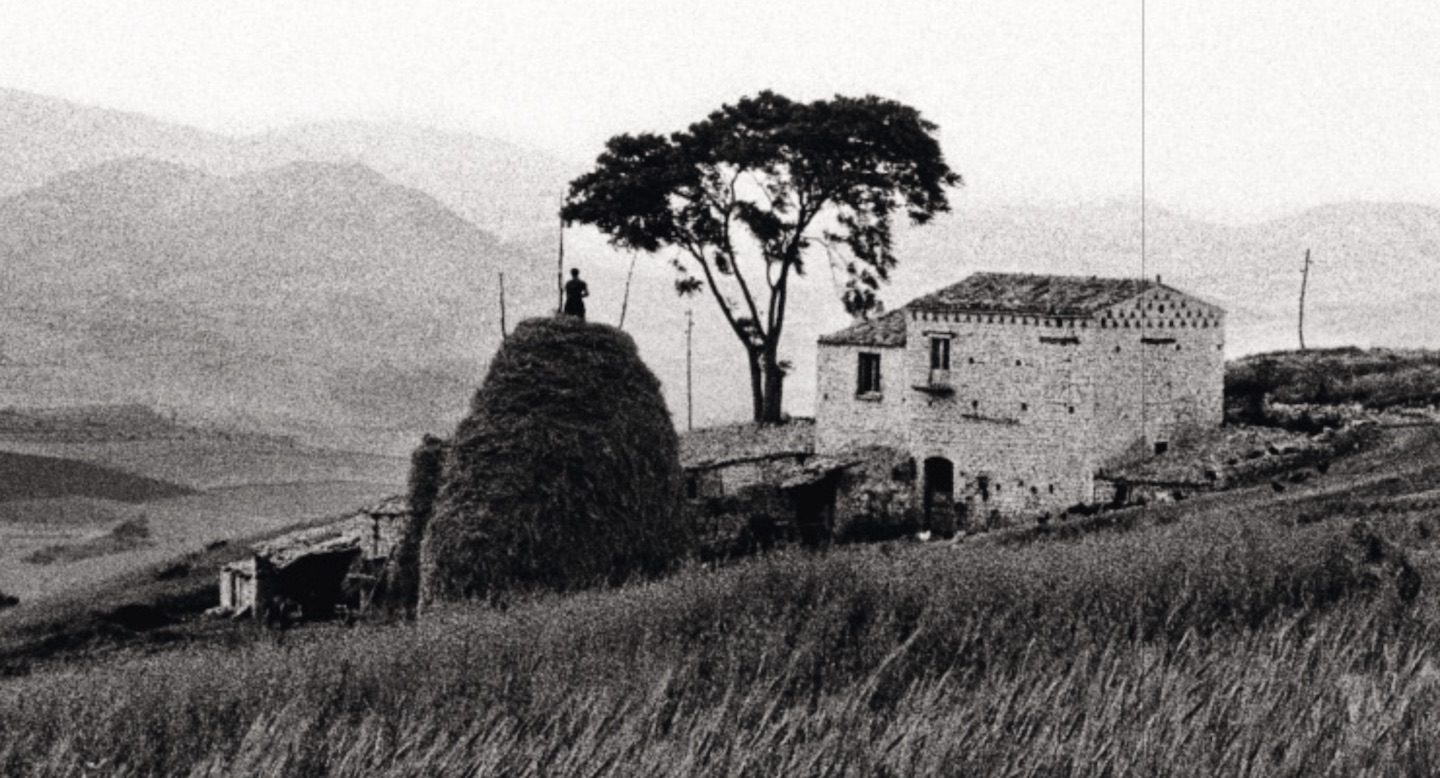Italian Stories
-
“Tutti fratelli”: Solferino, Italy and Humanity’s Wounds
Henri Dunant had come to Italy on business. But when he arrived in northern Italy he instead witnessed the Battle of Solferino. Here the armies of the French and Austro-Hungarian Empires and of the Kingdom of Sardinia were engaged in a great battle to decide who would rule in the Po Valley (a crucial step in the birth of Italy as a country). When Henri Dunant saw the tens of thousands of wounded in the fields after all was over, his heart filled with compassion for his fellow human beings. He organised care for the wounded. Realising the need, he went on to contribute to the founding of the International…
-
Don Paolo: the Making and Unmaking of a Dragon (Il Drago Part 3)
In this third instalment of Il Drago by Luigi Capuana we learn how Don Paolo became “Dragone”. Who is this fearsome old man who chased the children away when they begged in the streets? And took them in, in what all said was a miracle? And how was it that the Dragone was unmade? The Making and Unmaking of Don Paolo Dragone by Luigi Capuana (translation: Michael Curtotti) It had been years and years that the Dragon had lived alone in his tenement, doing all for himself. Two large rooms on the ground floor, and four smoky rooms on the first floor. For one person it would have been more than ample,…
-
The Tomato Conquers Italy
The tomato is central to Italy’s love affair with food. For Italy was conquered by the tomato. It was a slow conquest, but transformed by the tomato, Italian food conquered the world. This story, so little known, is told in full in David Gentiloni’s 2010 book, Pomodoro! A History of the Tomato in Italy. Like all good tales, it has unexpected twists and turns. The Context: A Food Culture Of course Italian food does not live by tomato alone, so we need a little context. The health benefits of the “Mediterranean diet” are often noted and Italian food has been adopted around the world. Food in Italy (as in many parts…
-
Dante and the Invention of the Italian Language
“Italians speak Italian”. It seems obvious. Yet not too long ago neither were there any “Italians” in the way we understand it today; and nor was there a single “Italian” language. It is indeed little known that when the country of Italy did finally come into being in 1861 about 2.5% of her people spoke what we today call Italian. Even up until 1951, less than 20% of Italians used Italian exclusively in their daily life. Indeed, until the most recent generations, Italian was, at best, a second language for most Italians. Their first language was their regional, and often local, language. The Italian National Institute of Statistics reported that…
-
Ancient Italy: The Arrival of Agriculture and the People from the Sea: 6000BC
In ancient times the mountainous spurs of the Apennines ran down Italy’s spine and the Alps were piled at its northern end much as today. But if we had been present in the ancient neolithic we would have seen an Italy which was unlike anything we know today. The coastline would have been somewhat different, although that would not have been the most dramatic difference. Italy was blanketed with forests and this part of the world was wetter than it is today. It is 6000 BC; an era in which people from the sea arrived and brought with them agriculture. Millennia later Vesuvius would erupt. But the arrival of agriculture…
-
Our Lady and the Faith of our Mothers
No visit to Italy is complete without endless opportunities to enter and be awestruck in Italy’s innumerable churches and shrines. And any visitor from an English speaking country (where less embellished models predominate) is likely to be struck by the prominent presence of the Virgin Mary in these places of worship. Not only is she present; she appears as a representation of the spiritual world in many different guises and roles. Many places of worship are specifically dedicated to her in these different manifestations. The names these places bear give a sense of the diverse roles she plays. She presides over the local “Chiesa Madra” (the Mother Cathedral) of many…
-
Il Drago and Luigi Capuana’s search for redemption
Luigi Capuana was a nineteenth century writer. His work, The Old Dragon (Il Drago), although an apparently light children’s story, carries a poignant loss and search for redemption. In a strange way the story is a “might have been” of Luigi Capuana’s life and of the children he never admitted as his own. Luigi Capuana, Giuseppina Sansone and their children Giuseppina Sansone is central, although whether she is portrayed in the story is debatable. She is a love of much Luigi Capuana’s life. He met her at age 37 and she was an unmarried partner for the next twenty years. She is almost entirely invisible, while he is a noted Italian…
-
Forgotten crimes and the sack of Rome
The sack of Rome in 410 AD hastened the emergence of a new post-Roman world and eventually, over the course of fifteen centuries, the birth of the country we now call Italy. The tale that has come through to our time of that sacking is one of uncivilised pagan German tribes – outsiders – tragically tearing down the centre of western civilization. This caricature is inaccurate in many ways. As is often the case, the real story is more complicated. In echoes of our own time, it is a tale of political intrigues and racial divisions. The Roman world at the end of the fourth century was a different place…
-
Of Villages and Vesuvius: 1800BC
The ancient mount Vesuvius rises high above the Campanian plain. The plain – a great oval ringed by mountains – stretches north, east and south for hundreds of kilometres. Along its northern edge, the river Volturno, the longest river in Italy, flows to the sea. Below Vesuvius is a great bay: the Bay of Naples, although it will be well more than a thousand years before new arrivals from the Greek island of Euboea build a city here which will bear that name. We are Italy’s deep past, although the very idea of Italy is yet to be invented. Vesuvius is not the only volcano here. It is part of…
